Teen Self-Esteem Activities: Explore helpful activities and ideas to help teenagers build their confidence and self-esteem. Download your free teen self-esteem worksheets at the of the post.
Navigating the ups and downs of the teenage years can be a complex task for both teens and parents. One of the key factors that can either ease or worsen this experience is a teen’s self-esteem.
Low self-esteem during these formative years can have long-lasting impacts, affecting how young people interact with the world around them, from social situations to their mental health.
The good news is that healthy self-esteem can be cultivated and nurtured, offering a strong foundation for a positive outlook on life.
Table of Contents
- Factors Influencing Teen Self-Esteem
- Signs of Low Self-Esteem in Teens
- 53 Self-Esteem Activities for Teenagers
- Self-Esteem Worksheets for Teens (Download)
Factors Influencing Teen Self-Esteem
A complex set of factors and influences shapes teen self-esteem, including:
- Peer Pressure: Peer pressure plays a major role in shaping a teen’s self-esteem. The pressure to conform to social norms and fit in with friends can lead to negative thoughts and low self-esteem.
- Social Media: More than just a connection platform, it serves as a comparison stage, particularly affecting teenage girls by encouraging them to measure their physical appearance against unrealistic standards.
- Academic Performance: Success or failure in school can either boost or undermine a teen’s self-esteem, especially when they equate good grades with self-worth.
- Body Image: Concerns over body image issues can be a major source of stress, contributing to negative feelings and low self-esteem, particularly among teenage girls.
- Family Dynamics: The family environment, including the relationships with parents and siblings, can either support or diminish a teen’s sense of self-worth.
- Mental Health: Mental health issues such as anxiety and depression can affect self-esteem, creating a cycle of negative self-talk and negative feelings.
Research on the characteristics associated with low self-esteem among US adolescents identified a number of modifiable risk factors that included obesity, TV time, team sports participation, school performance, and parenting style.
Susan Harter developed widely used self-perception scales for children and adolescents. In her work, she identifies two coexisting categories of self-evaluation:
- Global self-worth (overall self-esteem)
- Domain-specific evaluation in different areas (for example, schoolwork, social, physical appearance, behavioral, or sports)
High competence in a domain highly regarded by a teen (for example, physical appearance) will be a good predictor of high self-esteem. While high competence in an area that teen does not consider important will have less impact.
Positive psychology tells us that personal values and core beliefs can serve as protective factors, fostering high self-esteem and a strong sense of self-worth. Therefore, it’s crucial to help teens identify their core beliefs and personal values, which can serve as their compass during challenging times.
Signs of Low Self-Esteem in Teens
Identifying the signs of low self-esteem in teens is the first move in tackling the problem. Here are some clues to look out for, although it’s important to note that these are just some examples and not an exhaustive list:
- Negative Self-talk: Constantly belittling themselves and focusing on their flaws.
- Poor Academic Performance Low self-esteem can manifest in poor grades, as teens may believe they are not capable of achieving good things academically.
- Body Language: Signs like slouching or avoiding eye contact can indicate a lack of self-confidence.
- Withdrawal from Activities: An unwillingness to try new things or participate in social events may indicate low self-esteem.
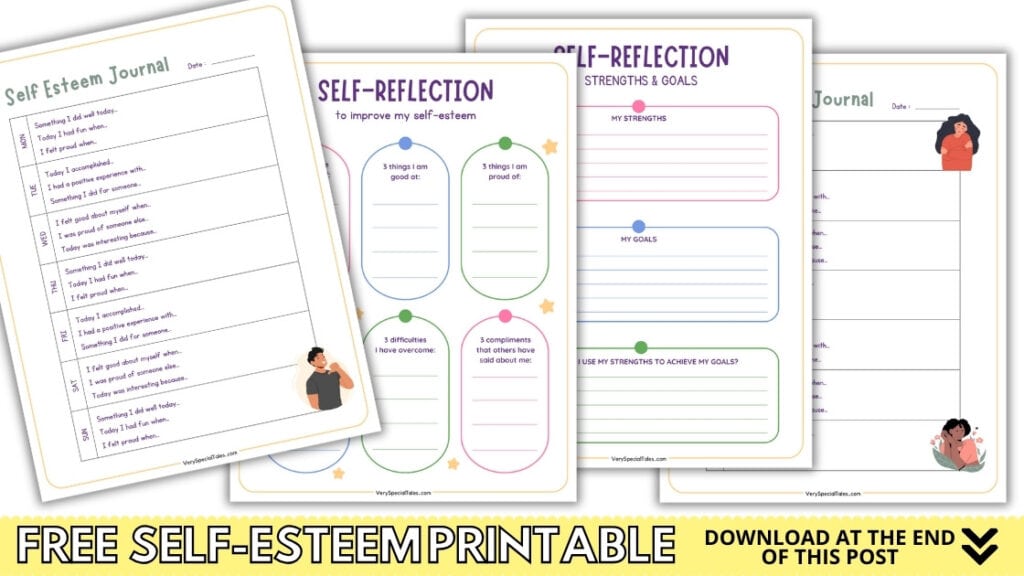
55 Self-Esteem Activities for Teens
One of the best ways to help improve your teen’s self-esteem is through self-esteem activities designed to address specific issues. Here are some activities parents or schools could consider implementing to help build positive self-esteem in teenagers:
Activities that Address the Negative Impact of Social Media
- Digital Detox: Set a time limit for social media use daily. Encourage your teen to create a list of activities that don’t require an internet connection, such as reading, painting, or playing a musical instrument, to engage in during the offline periods.
- Media Literacy Workshops: Teach your teenager that what they see on social media is often a curated or manipulated version of reality. Many people post only the best aspects of their lives, use filters to enhance photos, or even stage scenarios for social validation. This can create a distorted view of reality and can be especially impactful on teens, who might compare their own lives to these idealized online portrayals.
- Photography Classes: Encourage capturing the beauty in everyday life rather than social media comparisons.
- Discussion Groups: Create a safe space to talk about the impact of social media on self-esteem.
- Online Creativity: Encourage your teen to focus on creating content like blogs or art.
Activities that Address Peer Pressure & Friendship
- Peer Mentoring: A role model can help provide guidance and build confidence. Having a mentor gives your teen someone to look up to and seek advice from, offering a supportive and positive influence in their life.
- Self-defense Classes: Learning self-defense techniques can boost your teen’s confidence by equipping them with the skills needed to protect themselves and instill a sense of empowerment and safety.
- Conflict Resolution Activities or Workshops: Equip your teen with communication skills. Learning to resolve conflicts through effective communication, active listening, and compromise will help them in many challenging social situations.
- Leadership Courses: By nurturing leadership qualities, your teen becomes better equipped to resist the influence of peer pressure and make choices that align with their own values.
- Role-Playing Activities: Role-playing allows teens to simulate real-world social interactions in a safe environment. It offers teens the opportunity to practice their responses, which can reduce anxiety and boost confidence when encountering similar real-world situations. For example, addressing issues like peer pressure to use substances or handling cyberbullying.
- Communication Skills Activities or Workshops: Focus on teaching effective ways to communicate, resolve conflicts, and build stronger interpersonal relationships, equipping teens to navigate various social settings.
- Team Sports or Group Activities: Build social skills. Participating in team sports or other group activities encourages cooperation, teaches the value of teamwork, and helps teens make connections outside their immediate social circles.
- Teach Empathy: Understanding others is crucial for meaningful relationships. Teaching empathy helps teens put themselves in others’ shoes, fostering greater understanding and more compassionate interactions.
- Teach problem-solving skills: Help your teen develop problem-solving and decision-making skills. When they can handle challenges effectively, they gain confidence in their abilities.
- Teach Assertiveness: Assertiveness is an important communication skill that will improve your teen’s social interactions and self-esteem. We have a detailed post on this topic that includes a free assertive communication checklist.
Related Reading: 40 Friendship Activities for Teens
Activities to Address Academic Pressure
- Tutoring: Sometimes, a little extra help can result in good grades. The one-on-one attention your teen receives from tutoring can pinpoint areas of difficulty and address them directly, leading not just to improved grades but also increased self-confidence in academic capabilities.
- Mindfulness and Meditation: Practicing mindfulness can teach your teen to focus on the present moment, allowing them to gain a clearer perspective on their thoughts and feelings.
- Study Groups: A supportive environment can make schoolwork seem less daunting. Being part of a study group provides your teen with a community of peers who can help break down complex subjects into manageable parts, making the study process more collaborative and less isolating.
- Teach them study techniques (time management, setting priorities, making a summary, and looking for key ideas in a text).
- Time Management Activities / Workshops: An important reason for academic pressure is poor time management. Provide your teen with provide practical tips and strategies for managing time more effectively.
- Outdoor Learning: Stepping away from traditional classroom settings and learning in nature can provide a fresh perspective, decrease stress levels, and positively influence your teen student’s well-being.
Activities to Explore/Discuss/Improve Body Image
- Yoga or Pilates: Physical activity can improve both body and mind. Yoga and Pilates are examples of activities that not only enhance physical flexibility and strength but also focus on breathing and mindfulness, which can help your teen manage stress and feel more centered.
- Personal Style Journey: Encourage your teen to embark on a personal style journey to express themselves confidently. They can create mood boards, either digitally or physically, to identify the styles, colors, and outfits that resonate with them. Following this, they could plan a shopping day to experiment with these chosen styles.
- Nutrition and Cooking Classes: Educate on maintaining a healthy body image. Understanding the basics of nutrition and cooking can empower your teen to make healthier food choices, which can positively impact their body image and overall well-being.
- Dance Classes: Great for self-expression and body positivity. Dance allows for creative expression and can be a fun and uplifting way to get exercise. It can also help teens become more comfortable with their bodies and enhance their self-image.
- Fitness Challenges: Hard work in physical endeavors can bring a sense of achievement. Whether it’s completing a 5K run or mastering a difficult workout routine, the effort and discipline required to meet a fitness challenge can offer a substantial boost to your teen’s self-esteem.
Activities to Improve Family Dynamics
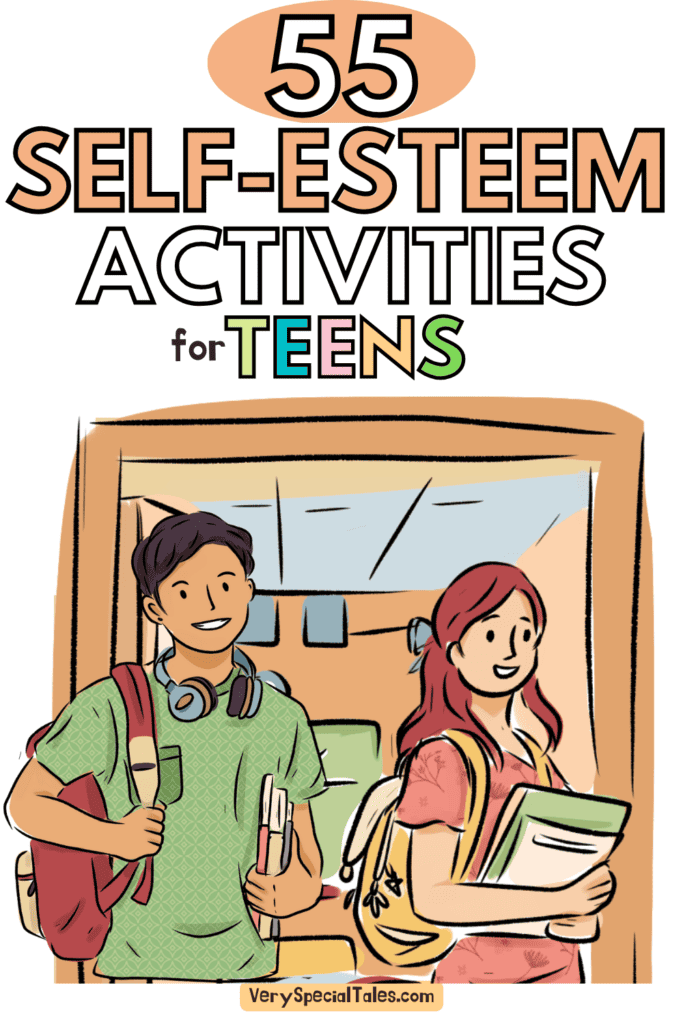
- Family Meetings: Open communication with family members can sometimes be an immediate remedy for low self-esteem. These gatherings provide a safe space for teens to voice their concerns and feel heard. Make sure to avoid judgment and criticism and that everybody gets a chance to speak.
- Shared Projects: Participating in family-shared projects, like creating a family crest or participating in volunteer work, can be very rewarding.
- Family Outings: Shared experiences can help build a positive family environment. Look for those activities that your teen may enjoy (a day at the beach, a family hiking trip) and provide an opportunity for family members to bond and for teens to feel a sense of belonging.
- Celebrate wins! Regularly praise their achievements, efforts, and progress.
Acknowledging and celebrating your child’s accomplishments is a simple activity but can go a long way. The teen years can be so challenging, so why not boost self-esteem when you can? Celebrating positive things like academic achievement or even hearing positive self-talk deserves an award.
- Parent-Teen Journal Exchange. This activity allows both parties to write down their thoughts, questions, and concerns in a shared journal. Every week, the journal can be exchanged between the parent and the teen, allowing each to read what the other has written and respond.
- Household Responsibilities: Make sure that your teen has their own household chores and responsibilities. Adolescents must understand that all family members have a role in running the house and that parents cannot (and shouldn’t) do everything.
- What’s your opinion on this? Create moments to discuss their opinions on specific topics to show their point of view is important.
- Three-Minute Speech. I feel this game helps teens reflect and structure their thoughts on different topics and develop confidence in expressing their opinions. We used to play this game with my teen’s grandparents. We would choose a topic, give ourselves a minute to think about it, and then we would go around the table delivering an impromptu mini-speech.
Activities to Explore Identity and Self-Discovery
- Travel: Cultural exposure for identity building. Traveling exposes teens to new perspectives and cultures, which can be instrumental in shaping their sense of self and broadening their worldview.
- Creative Writing or Journaling: Self-exploration through writing. Encouraging your teen to write creatively or maintain a journal can provide an intimate space for self-discovery, reflection, and emotional expression.
- Art Therapy: A non-verbal form of self-expression and exploration. Through artistic mediums like drawing, painting, or sculpting, teens can express emotions and thoughts they may find hard to verbalize, aiding in self-discovery and emotional well-being.
- Career Counseling: Explore potential future paths. This helps teens understand their strengths, interests, and values better, guiding them toward career paths that align with their innate talents and aspirations.
- Skill Workshops: Discover hidden talents or interests. These workshops offer a hands-on way for teens to try new activities and possibly discover new skills or hobbies they’re passionate about and aligned with their interests and strengths.
Other Activities to Improve Teen’s Self-Esteem
- Teach How to Set Goals / Goal Setting Activities: Learning how to set and achieve goals can be a transformative experience for your teen. Teach them the importance of setting SMART goals (Specific, Measurable, Achievable, Relevant, Time-bound) and the steps required to reach them. This skill not only helps in academic and career planning but also provides your teen with a sense of purpose and direction, which can significantly boost their self-esteem. Reviewing achieved goals can serve as a confidence boost, reminding them of their capabilities and building self-esteem.
- Host Diversity and Inclusion Movie Nights: Parents can curate a selection of films and documentaries that provide a broad understanding of various kinds of relationships and cultural identities. Follow it up with a guided discussion to engage teens in conversations about diversity and the importance of inclusion.
- Negative Self-Talk Exercise: A negative self-talk exercise can help teens become more aware of their internal dialogue, understand its impact on their emotions and actions, and learn how to challenge and reframe these thoughts. Here’s a simple example of such an exercise:
- Ask the teen to recognize a specific negative thought they recently had, like “Nobody likes me.”
- Challenge the thought by asking questions like:
- Is this thought based on facts or assumptions?
- What would I say to a good friend who had this thought?
- Reframe the Thought: Help them come up with a more balanced or positive thought to replace the negative one.
- Ask them to compare the two thoughts and discuss how each one makes them feel.
- Promote a Healthy Lifestyle
- Physical Exercise is a great way to develop healthy self-esteem. Not only can it help with body image, but it can give teens some time to process struggles. Some examples of physical activity are:
- a walk around the neighborhood after dinner
- playing soccer at the local park
- Finding a local teen night at the community center or skate night
- Encourage good nutrition and adequate sleep, as these factors can have a significant impact on a teen’s emotional well-being.
- Foster Independence: Allow your teen to make age-appropriate decisions and take responsibility for their choices. This helps build confidence and a sense of competence.
- Write a Gratitude Journal: Keeping a gratitude journal encourages teens to focus on the positive aspects of their lives. By regularly writing down things they are thankful for, your young person can shift their mindset away from negative thoughts, thereby improving their self-esteem and overall mental well-being.
- Practice Positive Affirmations.
Positive affirmations are statements we tell ourselves for self-motivation or to challenge negative thoughts.
Encourage your teen to practice positive affirmations. - Achievements Diary
Keep a diary of achievements. - Self-Esteem Bucket: This self-esteem activity is an exercise aimed at helping teens visualize and understand the concept of self-esteem. The bucket symbolizes one’s self-esteem, and the idea is to “fill your bucket” with positive affirmations, compliments, and achievements, represented by items like small pebbles, marbles, or slips of paper.
- Letter of Encouragement: Have your teen write a heartfelt letter to themselves, highlighting their strengths and achievements. This serves as a tangible reminder of their self-worth for times when they’re feeling down.
- Positive Goals Diary: Encourage your teen to keep a diary dedicated to setting and tracking positive, achievable goals. This not only fosters a sense of accomplishment but also provides a written record of their progress, boosting self-esteem over time.
- Volunteer work in your local community can give your kids a sense of purpose and increase their confidence level.
- Strength Exploration Activity. Ask your teens to make a list of all their strengths and how they can help them achieve their objectives. Focusing on strengths is a fundamental mindset shift. It allows us to build from our strengths instead of placing all the focus on weaknesses and limitations.
- Teen self-esteem books and workbooks.
I have curated a list of great self-esteem books and workbooks, and there is a section on recommended reading for teens.
You can also check our Confident Teen Workbook. - Self-Esteem worksheets
Explore strengths, focus on the great things about yourself, and promote positive self-talk and reflection. Download a few self-esteem worksheets at the end of this post. - Last but obviously not least, seek professional help. With mental health, sometimes the best way to help boost your teenager’s self-perception is by reaching out to guidance counselors or a therapist who specializes in adolescent issues.
These activities serve as a great way to redirect negative energy into something productive. Incorporate self-esteem activities and strategies and provide your teen with the tools to build their positive self-image, helping them become a positive person when facing life challenges.
Other Self-Esteem Resources
- The Confident TEEN Journal (Workbook)
- The Confident Kid Journal (Self-Esteem Worksheets for Kids & Parents!)
- Activities to Improve Your Child’s Self-Esteem
- Self-Esteem Games for Kids
- Positive Affirmations for Kids
- Things I Like About Myself
- 34 Activities to Teach Kids Responsibility
- 30+ Anti-Bullying Activities for Kids
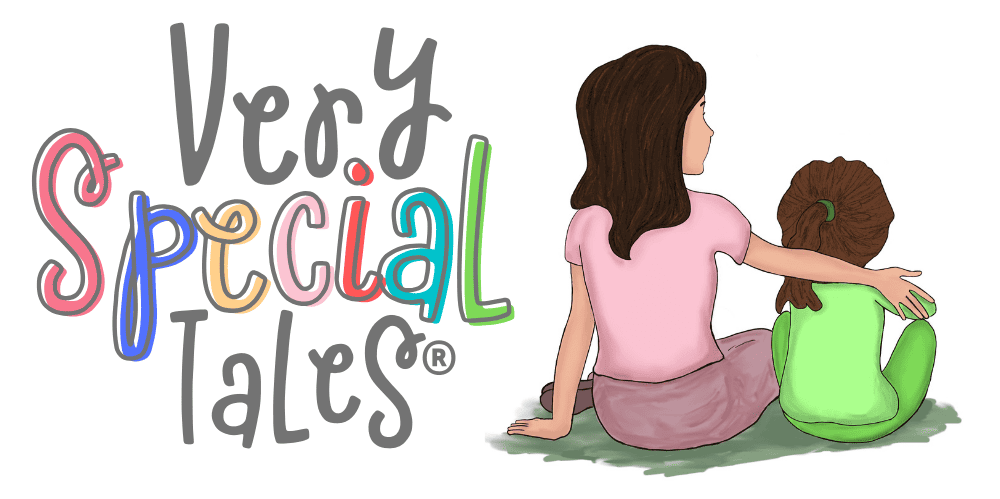



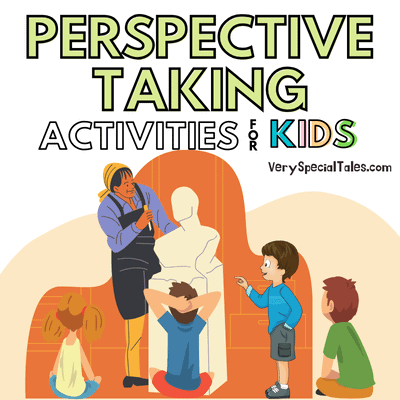
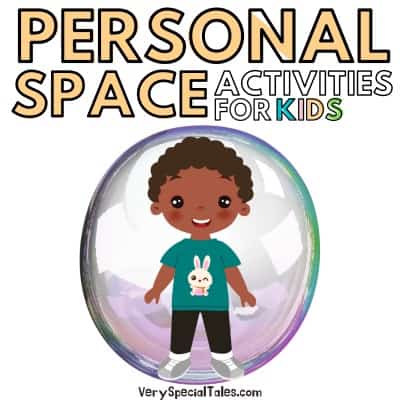
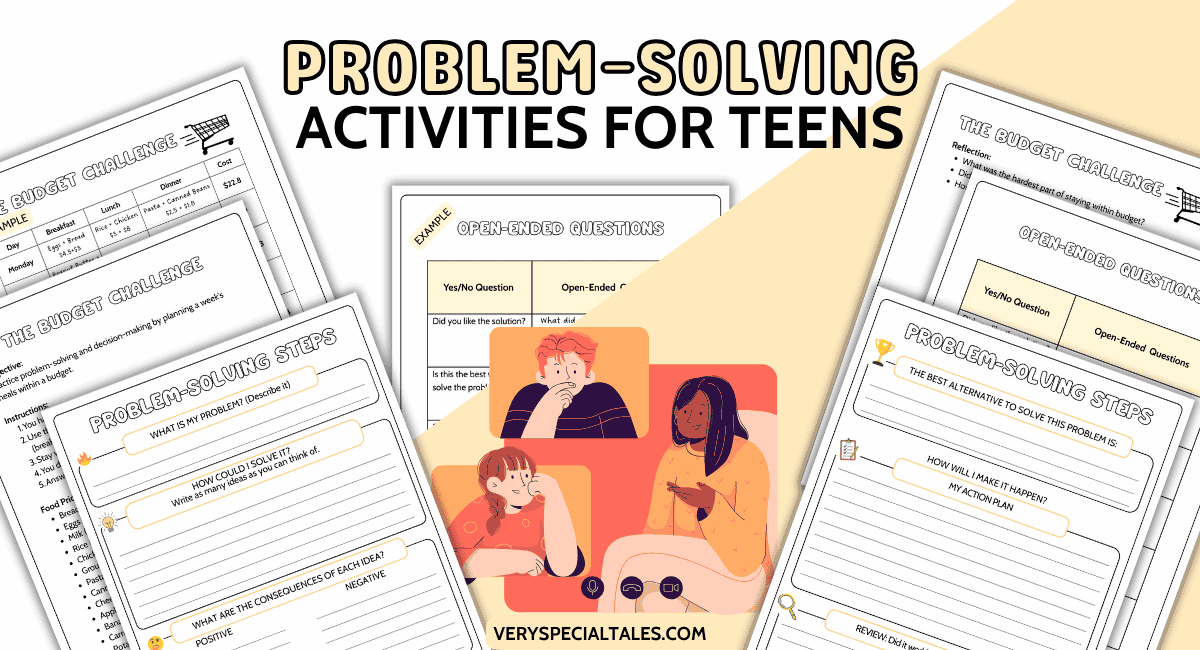
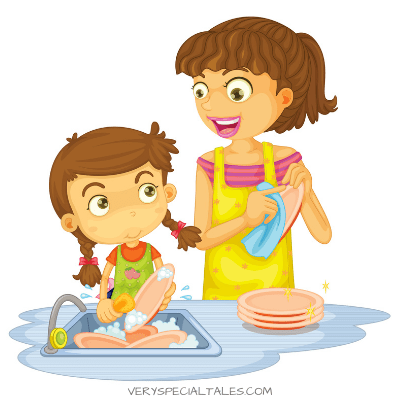
I just want to thank you for you content. You content is spot on and the acitivities are very helpful. Thank you for helping me be a better counselor with the knowledge and information you post. My middle school students respond positively!
Thank you for sharing.